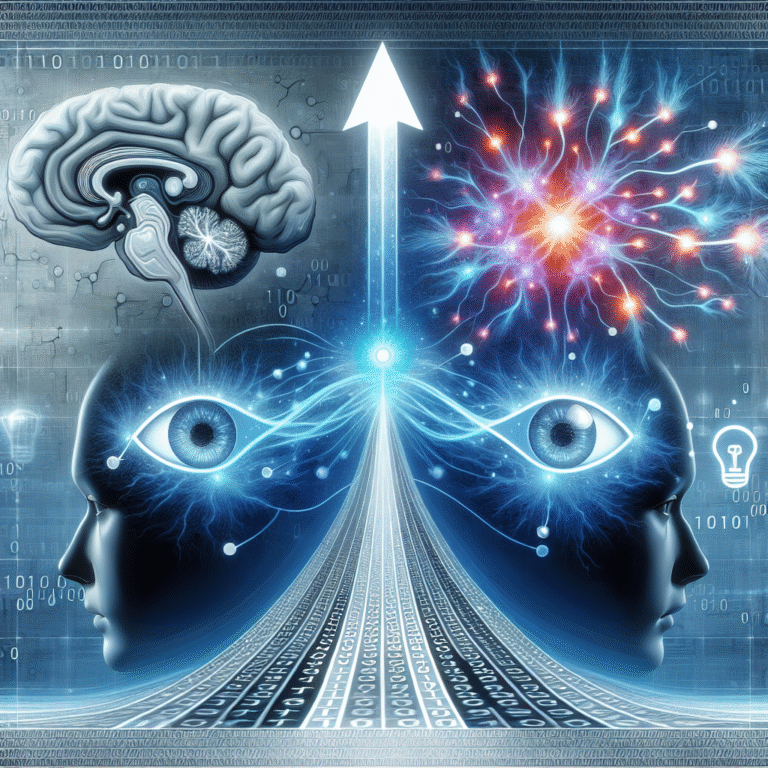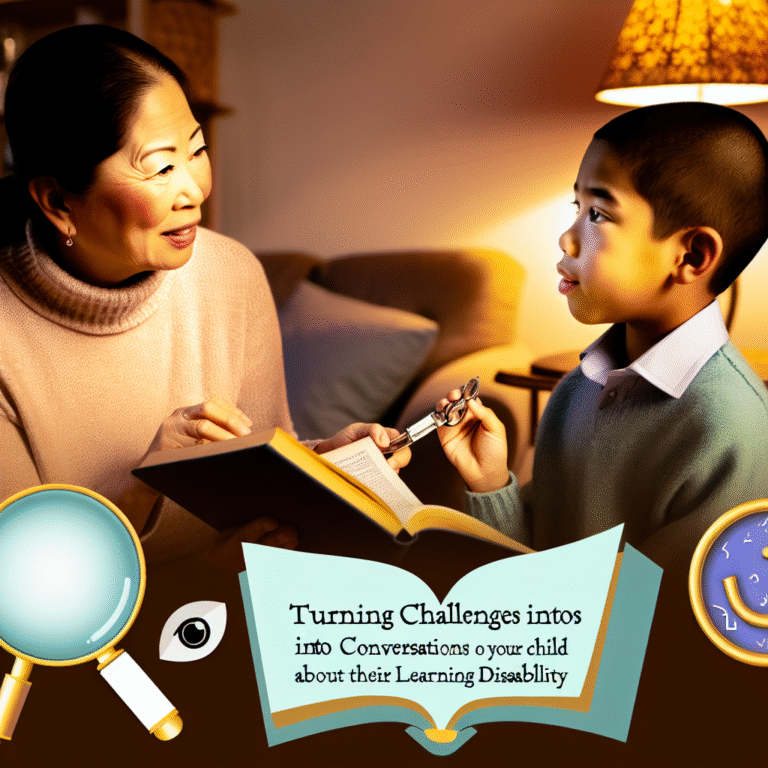
Introduction
Imagine walking through a bustling market, where the sounds of haggling vendors blend with laughter, the distant strum of a guitar, and the whirling of bicycles. This auditory milieu creates a unique soundscape, one that not only enriches our experience but also haunts our memories long after we leave. Soundscapes of the Mind: How Auditory Perception Influences Memory is an exploration of how the sounds that envelop us shape our experiences, emotions, and ultimately, our memories.
The power of sound in memory retention and recall is a fascinating area of study, revealing that our auditory environments can significantly influence cognitive processes. Understanding these intricate relationships can provide valuable insights into education, therapeutic practices, and even our daily lives.
In a world where visual stimuli often dominate our attention, it’s crucial to recognize the significance of auditory perception. This article will delve deep into the mechanisms through which soundscapes affect memory, supported by research studies, examples, and practical insights.
The Science of Sound: Understanding Auditory Perception
What is Auditory Perception?
Auditory perception involves how we interpret and understand sounds. This process requires several stages, including sound wave reception, auditory processing, and cognitive interpretation. Sounds can evoke emotions, narrate stories, or trigger recollections of past experiences.
The Brain and Sound Processing
The auditory cortex in the brain plays a vital role in decoding auditory information. It processes pitch, volume, and rhythm, weaving these elements into a comprehensive auditory experience. The temporal lobe, particularly the hippocampus, is crucial for memory formation and retrieval, making its connection to auditory perception indispensable.
Variability in Auditory Experiences
Just as visual perception can vary vastly from person to person, so can auditory experiences. Factors such as cultural background, age, and individual sensory sensitivity can all shape how sound is experienced and remembered.
Table 1: Factors Influencing Auditory Experience
| Factor | Influence on Perception |
|---|---|
| Cultural Background | Shapes sound preferences and meanings |
| Age | Alters hearing sensitivity and sound interpretation |
| Sensory Sensitivity | Affects emotional responses to sound |
The Link Between Soundscapes and Memory
How Sound Influences Memory Formation
Research shows that environmental sounds can enhance memory formation. A study found that participants who learned information in the presence of specific auditory cues were more likely to recall that information later when exposed to the same sounds. This phenomenon, known as context-dependent memory, emphasizes the importance of soundscapes in anchoring memories.
Case Study: The Mozart Effect
The Mozart Effect is a prime example of auditory perception shaping memory. In this famous study, listening to Mozart’s music prior to taking an IQ test resulted in improved performance. This highlights how certain soundscapes can stimulate cognitive functions and enhance memory retention, leaving lasting impressions on our minds.
Analysis of the Mozart Effect
The implications of the Mozart Effect extend beyond mere IQ enhancement. It demonstrates how auditory stimuli can create an optimal cognitive environment for learning. This insight is invaluable for educators and individuals seeking to improve memory retention.
Emotional Resonance and Memory Recall
Emotions significantly influence how memories are encoded and retrieved. Soundscapes that evoke strong emotional responses—like soothing rain or raucous laughter—can enhance the vividness and longevity of memories associated with those sounds.
Case Study: The Power of Ambient Music in Therapy
In therapeutic settings, ambient music has been shown to reduce anxiety and foster a conducive environment for processing memories. A study outlined how patients in therapy, exposed to soothing soundscapes, were able to articulate past experiences more openly and vividly.
Analysis of Ambient Music in Therapy
This case demonstrates the profound effect that sound can have on emotional states, thus impacting memory recall and processing. Such insights can guide mental health professionals in choosing suitable auditory environments for their clients.
The Role of Sound in Everyday Life
Enhancing Learning Environments
The understanding of Soundscapes of the Mind: How Auditory Perception Influences Memory can have significant implications for educational settings.
Effective Use of Sound in Classrooms
Integrating background music or nature sounds can create an ideal learning atmosphere, enhancing focus and improving memory retention during lessons. Educators are encouraged to experiment with varied auditory environments to optimize learning outcomes.
Creating Memorable Experiences
Events like weddings or gatherings often incorporate specific soundscapes to enhance the overall atmosphere. Music tailored to the occasion can evoke nostalgia and create memorable experiences, embedding those moments into our long-term memory.
The Urban Soundscape: A Double-Edged Sword
Urban environments present a complex auditory landscape, blending the sounds of nature with urban noise. While some sounds can evoke positive memories, excessive noise pollution may lead to stress, adversely affecting mental well-being and memory retention.
Practical Insights: How to Leverage Soundscapes for Memory Enhancement
Creating Your Own Soundscapes
Individuals can curate their soundscapes to enhance memory and focus. Here are some practical tips:
- Incorporate Nature Sounds: Use recordings of rain, ocean waves, or forest sounds while studying or working to create a calming atmosphere.
- Use Music Intentionally: Curate playlists that evoke specific emotions or enhance focus, depending on the task at hand.
- Establish Sound Cues: Associate specific sounds with tasks or subjects to leverage context-dependent memory.
Mindfulness and Sound Awareness
Practicing mindfulness can help individuals develop a heightened awareness of their auditory environments. This practice encourages individuals to focus on sounds around them, increasing their ability to recall associated memories.
Conclusion
The exploration of Soundscapes of the Mind: How Auditory Perception Influences Memory reveals a depth of interconnectedness between our auditory experiences and our ability to form and recall memories. Understanding this relationship opens up new avenues for enhancing educational practices, therapeutic approaches, and personal experiences.
Whether you are a student wanting to improve memory retention, a teacher seeking to create an optimal learning environment, or anyone looking to enhance their life experiences, recognizing the power of sound is essential. Let the symphony of your surroundings mold the soundscapes of your memory, crafting an enriched and vibrant experience of life.
FAQs
What is the Mozart Effect?
- The Mozart Effect refers to the finding that listening to Mozart’s music can temporarily enhance cognitive functions and improve performance on tasks like IQ tests.
How does sound influence memory retrieval?
- Sound can serve as a cue that enhances recall, especially if the auditory environment during learning matches that during retrieval.
Can ambient sounds help in reducing stress?
- Yes, soothing ambient sounds, like nature recordings, can reduce anxiety and stress levels, improving overall mental well-being.
How do I create a conducive soundscape for studying?
- Use mellow, ambient music or nature sounds, avoid noisy environments, and try to maintain a consistent auditory backdrop while studying.
- What role does emotion play in memory and sound?
- Emotionally charged sounds can enhance memory formation and recall by creating stronger associations with the memories associated with them.
This comprehensive article not only explores the fascinating topic of auditory perception and memory but also empowers readers with actionable insights to leverage soundscapes in their daily lives.















